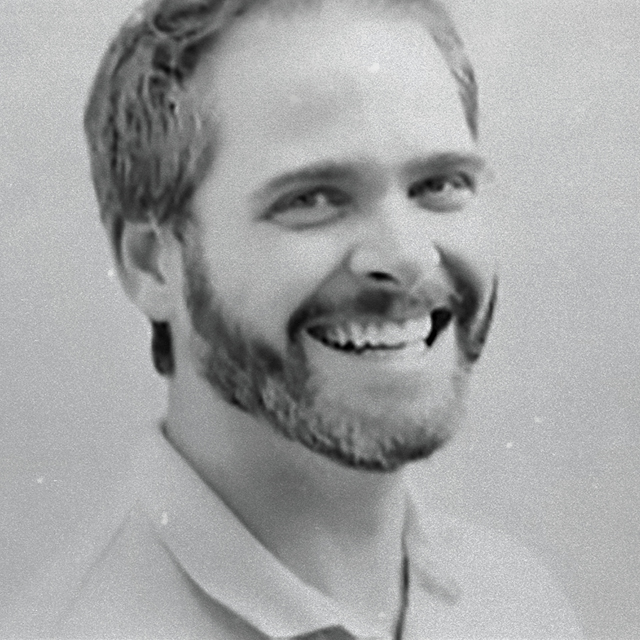Zach Bradley ’02

Pastor, Brookhaven Presbyterian Church
Atlanta, Georgia
WFU Class of 2002
Majors: Economics & Philosophy
Brooke Blair ’22 (DeacLink): What did you study at Wake? What year did you graduate?
Zach Bradley: I graduated in 2002 and studied Economics and Philosophy.
BB: Please walk me through your path from graduation day to your current job.
ZB: After college, I went to seminary, then became a youth pastor, and then planted (started) a church in Atlanta in 2013.
BB: How much did your studies and general experience at Wake inform or drive your career path?
ZB: A good deal. My philosophy advisor, Charles Lewis, specialized in philosophy of religion and the existentialists, and was a religious person. Those courses were largely what sparked my interest in going on for more studies in divinity.
BB: How did you find and apply to the various positions you’ve held? Any tips and suggestions for students on networking, interviewing and applying for jobs?
ZB: I was awful at networking, so I probably wouldn’t be helpful here. I answered a “want ad” online to become a youth pastor in a small Appalachian town after seminary. That’s a job not many people are looking for. So, I kind of worked my way up.
BB: What is your favorite part of living and working in Atlanta? What is the most interesting thing going on in the art scene there at the moment, in your opinion?
ZB: We love Atlanta! It’s really the only “big” Southern city, so it has all the perks of both. I’m not super plugged-in to the art scene, although there’s definitely a lot of it in Atlanta—the film industry is huge in Georgia, because of decades of tax credits for the big film conglomerates. I played in the Dekalb Symphony Orchestra for one or two cycles, which was one of several community orchestras here that are pretty good.
BB: What is your favorite part about working for Brookhaven Presbyterian Church?
ZB: Most people aren’t interested in religion, much less being the pastor of a church. I really like it, though. Other than personal religious convictions that drive me to it, being a pastor is one of the few middle-class jobs left in the country, which tends to encourage a person to be connected to lots of different sectors of society.
More importantly, for me, the non-profit sector has all sorts of opportunities for innovation, especially innovation that can make a difference in the world, since you can be way more flexible when you don’t have a profit motive. Our church has been able to do some cool things with wealth creation for underprivileged populations that would be more difficult in any setting other than a church, which (ideally) has both a steady stream of income and no profit motive.
Leaning into my entrepreneurial gifts on that front is one of my favorite things about working in this job. I also started the organization, so I have a lot of say in how things are run, which is kind of nice.
BB: What and where is next for you?
ZB: Hopefully, I’ll be here forever.
BB: Kernel of advice you’d like to impart to the readers?
ZB: The older I get, the more grateful I am for the education I got at Wake.
